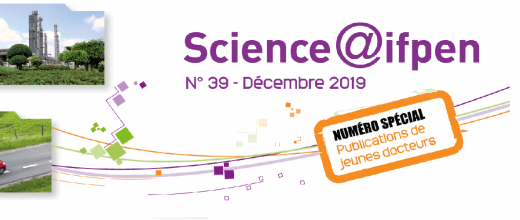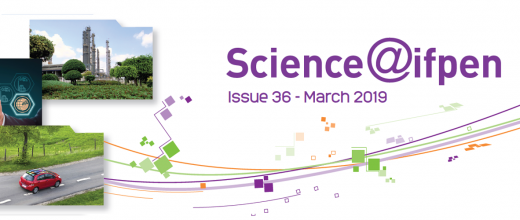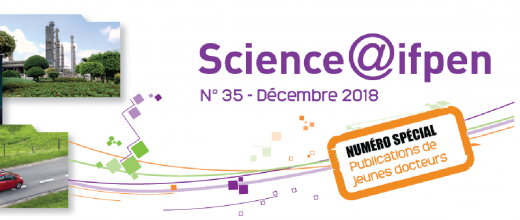


News in brief
For xylene separation, hierarchy is not all bad
The three xylene a isomers are each employed in numerous growth market applications (polymers, plastifiers and resins). It is thus vital to improve the efficiency of the separation processes for these

News in brief
Operando spectroscopy in full transparency
The purification of oil feeds for obtaining clean fuels, as well as the treatment of bio-based feeds that can be incorporated in diesel fuels, rely on the hydrotreatment process and hence on the

News in brief
InSPIRed process control
R&D work in the field of process monitoring aims to gain a better understanding of the phenomena involved, increase productivity and enhance safety. In this context, Near Infrared Spectroscopy (NIRS)

News in brief
Raman: the secret of a successful separation
The development and optimization of chemical processes increasingly involves the instrumentation of pilot and industrial units with inline effluent analysis technologies, capable of supplying relevant


News in brief
Surface characterization at the right TEMPO
The value of X-ray photoelectron spectroscopy (XPS) resides in its capacity to supply information on the surface elementary composition (a few nm) and the chemical environment of the atoms probed

News in brief
ROCK sets the rhythm for catalyst activation
The development of more efficient hydrotreatment catalysts, based on molybdenum (Mo), requires advanced characterization methods that allow materials to be studied in conditions that match those of

News in brief
Infrared and SOLEIL: good vibrations under the microscope
Improving the reactional performance of a catalytic material (obtained by applying an active phase onto oxide grains) requires a better understanding of the mechanisms involved in the reaction. More


